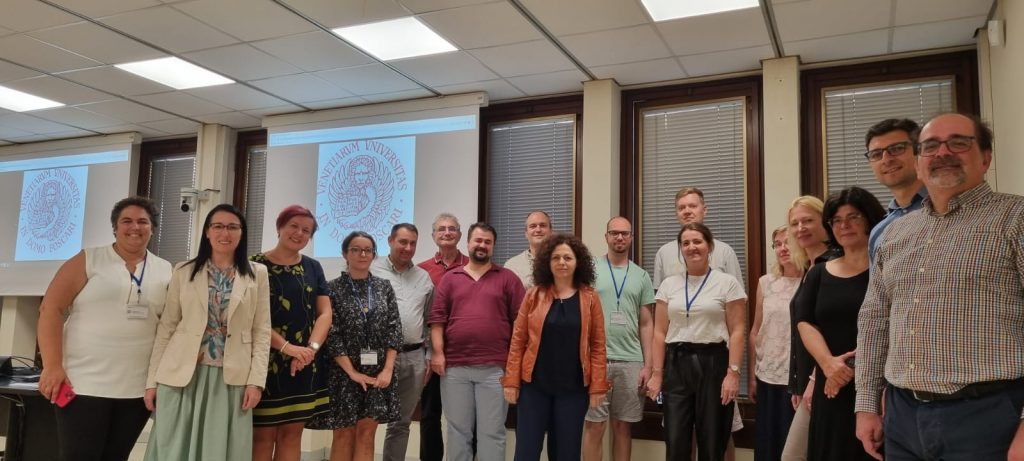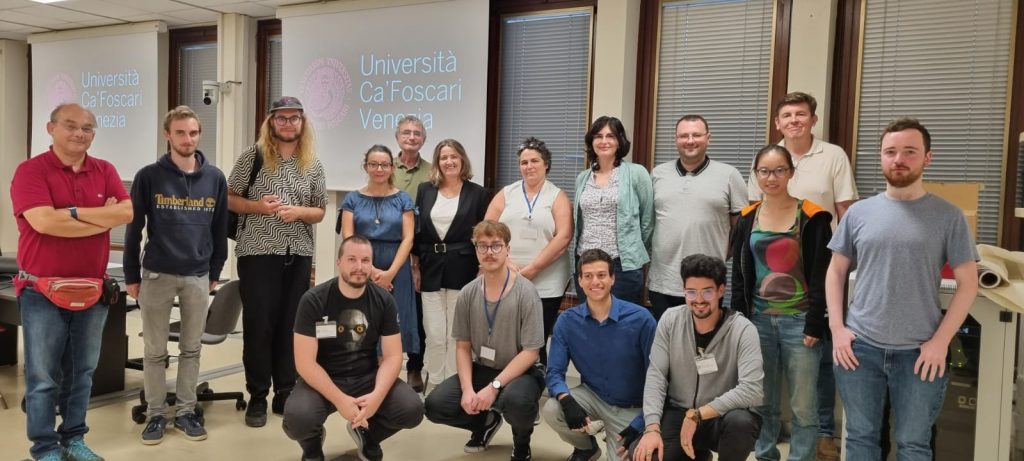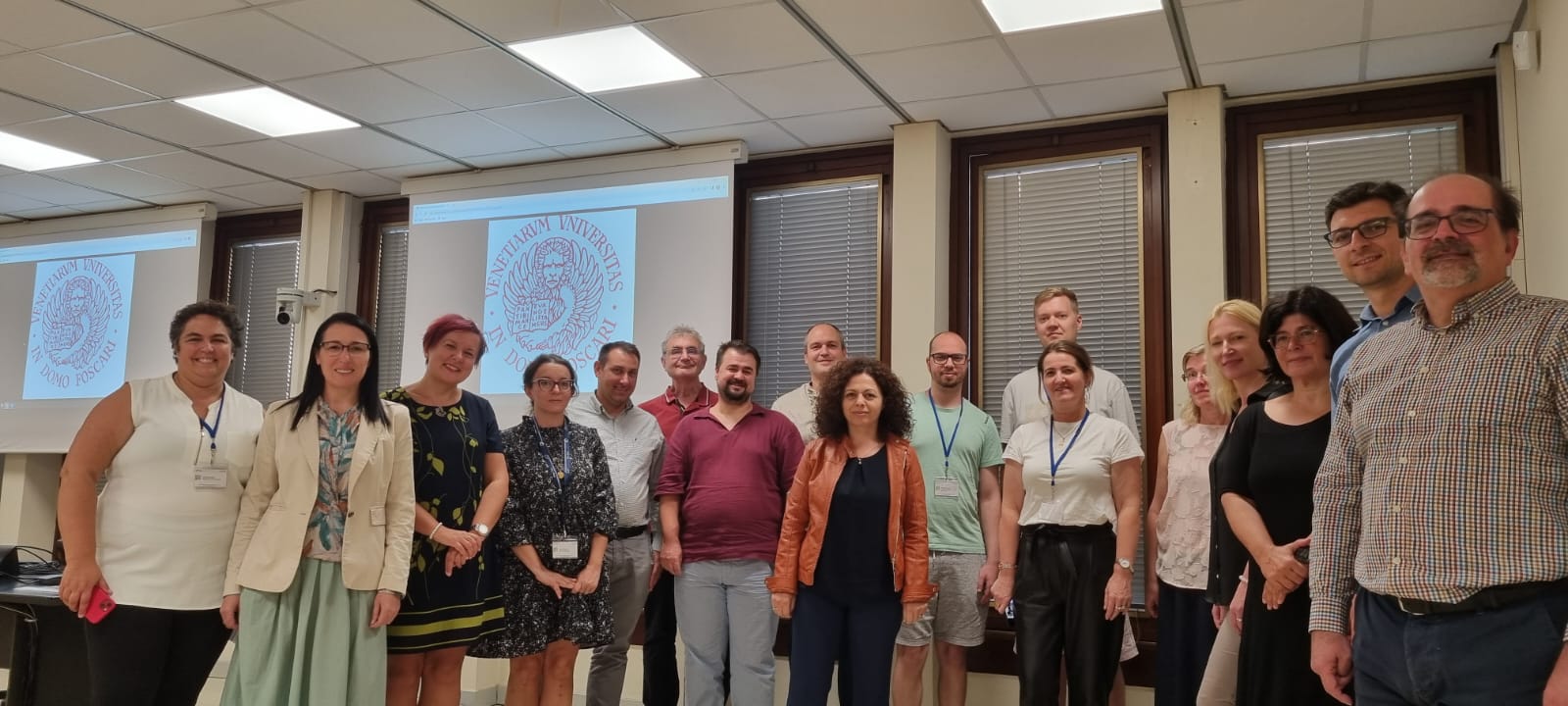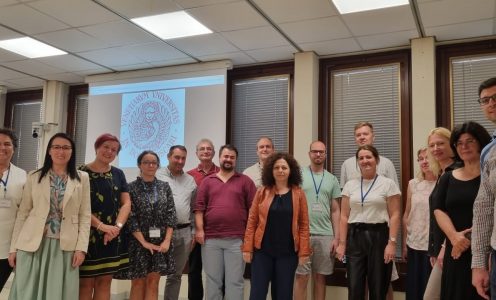The Multi3Generation COST Action (www.multi3generation.eu) aims at promoting interdisciplinary research in Natural Language Generation, combining computationally-oriented methodology with theories and insights from the humanities (computational linguistics, psychology, media studies, philological and literary studies, etc.)
The 2022 Multi3Generation training school on Creative Natural Language Generation wants to foster interdisciplinary collaborations among scholars and young researchers, delivering lectures, hands-on sessions, and keynotes on the state-of-the-art methodologies of Natural Language Generation and (computational) creativity.
Automatic generation of texts is an essential task in artificial intelligence and is widely used to produce content shared on the web.
However, evaluation of fluency and grammaticality of automatically created texts requires feedback provided by humans to improve the quality of the training data. Collecting judgments is challenging, and the annotation results’ reproducibility is sometimes questioned.
Evaluation of text generated by computationally creative systems poses further challenges: the output needs to be fluent while ensuring that the content should also take into account the literature about (computational) creativity for analysing creative output. Analysing such creative output relies on the genre of the text and readers’ expectations.
The training school programme will address research questions such as:
- What are the theoretical aspects for evaluating the creativity of artificially generated text?
- How crucial is the training set for generating plausible instances, such as for metaphor generation?
- Are theoretical insights from literary studies suitable for producing better training sets?
The training school is intended for academics at any stage of their career (with priority given to Early Career Investigators), especially if working with literary texts and datasets combining texts with images.
The training school will be held at the University Ca’ Foscari in Venice from 19 September to 23 September 2022.
The training school will take place over 5 days, combining theoretical lessons with hands-on sessions and invited speakers’ talks.
Invited speakers: Alexandra Balahur (Joint Research Centre European Commission), Mario Monteleone (University of Salerno), Carlo Strapparava (FBK), Tony Veale (University College Dublin)
Lecturers: Khalid Alnajjar (University of Helsinki), Federico Boschetti (CNR-ILC & VeDPH), Francesca Frontini (CNR-ILC & CLARIN ERIC), Mika Hämäläinen (University of Helsinki), Monica Monachini (CNR-ILC & CLARIN-IT), Cristina Mota (INESC-ID Lisboa), Ioannis Pavlopoulos (Athens University of Economics and Business), Max Silberztein (Université de Franche-Comté)
Organisers: Irene Russo (CNR-ILC), Federico Boschetti (CNR-ILC & VeDPH), Max Silberztein (Université de Franche-Comté), Khalid Alnajjar (University of Helsinki), Mika Hämäläinen (University of Helsinki)
The training school is organised with the support of the Venice Centre for Digital and Public Humanities, DSU, Ca’ Foscari University of Venice (https://www.unive.it/pag/39287) and with the support of CLARIN-IT (https://clarin-it.it).



